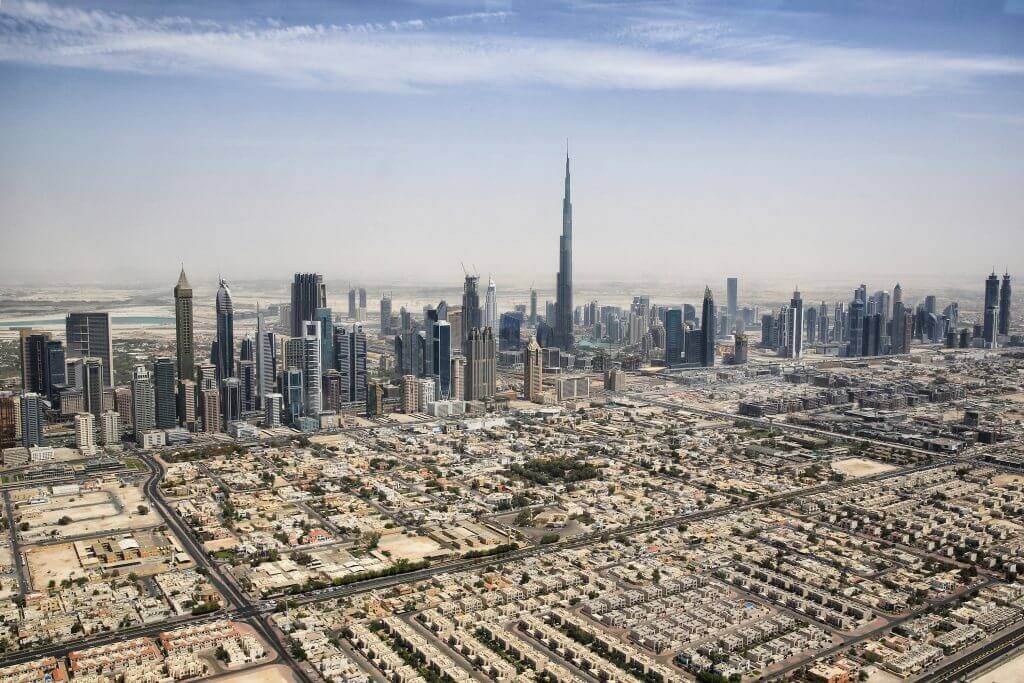
Driven by changing economic conditions and greater competition over the past two years, the hospitality industry in the Middle East faces a new reality.
With an increasing supply of hotels and brands across the region, guests have become more curious, connected and assertive in their choices.
This presents the industry with new challenges. While the sector enjoyed double digit growth over the last five years, the era of easy business is over.
To grasp opportunities, hoteliers will have to be agile, transformative, and rethink how they position their brands and services.
I see three areas that will shape the hotel industry in the future with impact in 2018: maturity of the market with growth in the economy and midscale segments and the emergence of lifestyle brands; increased digitalisation and personalisation into the customer experience; and the need for personal connections not only with guests but also our colleagues which will transform the way we attract, develop and retain talent.
Growth of economy and midscale brands
For many years, the Middle East was positioned as a luxury travel market, with international economy and midscale brands having limited exposure.
However, as the region expands tourism with the opening of theme parks, cultural attractions and with Expo2020 Dubai on the horizon, greater attention is being placed on economy and midmarket segments.
This trend will continue well into 2018, as GCC residents increasingly travel outside of the region, experiencing new concepts and products abroad and wanting the same back home. The challenge becomes placing greater attention on attracting more visitors in every segment.
Emergence of lifestyle brands
The hotel industry faces a new generation of travellers that have challenged previous travel perceptions. These travellers, often times referred to as ‘urban nomads’ are not necessarily motivated by traditional hotel ratings, but rather by sustainable, personalised and culturally-conscious experiences.




